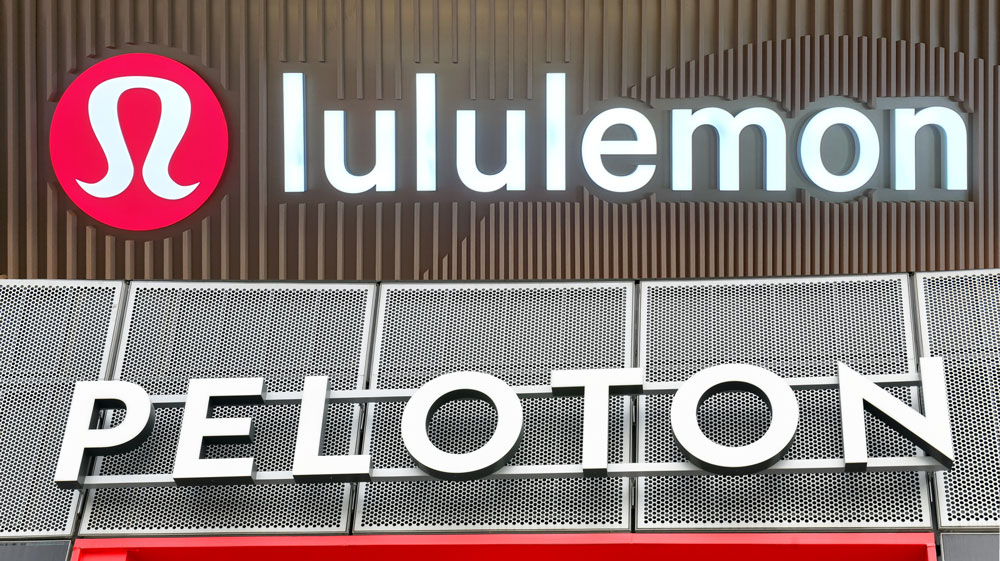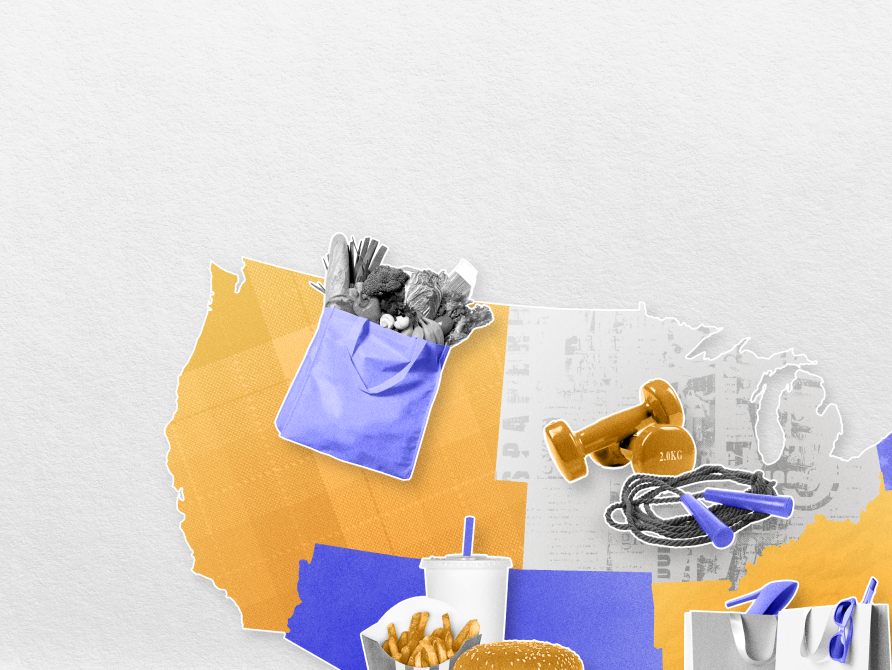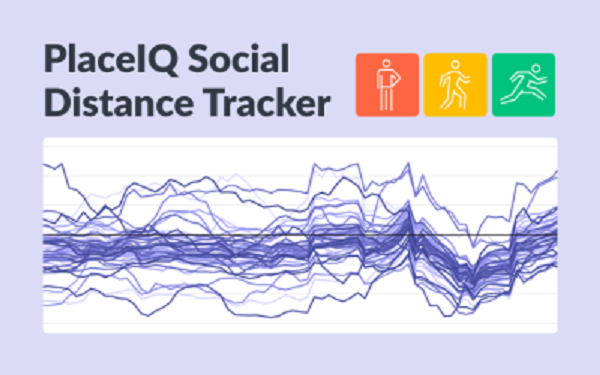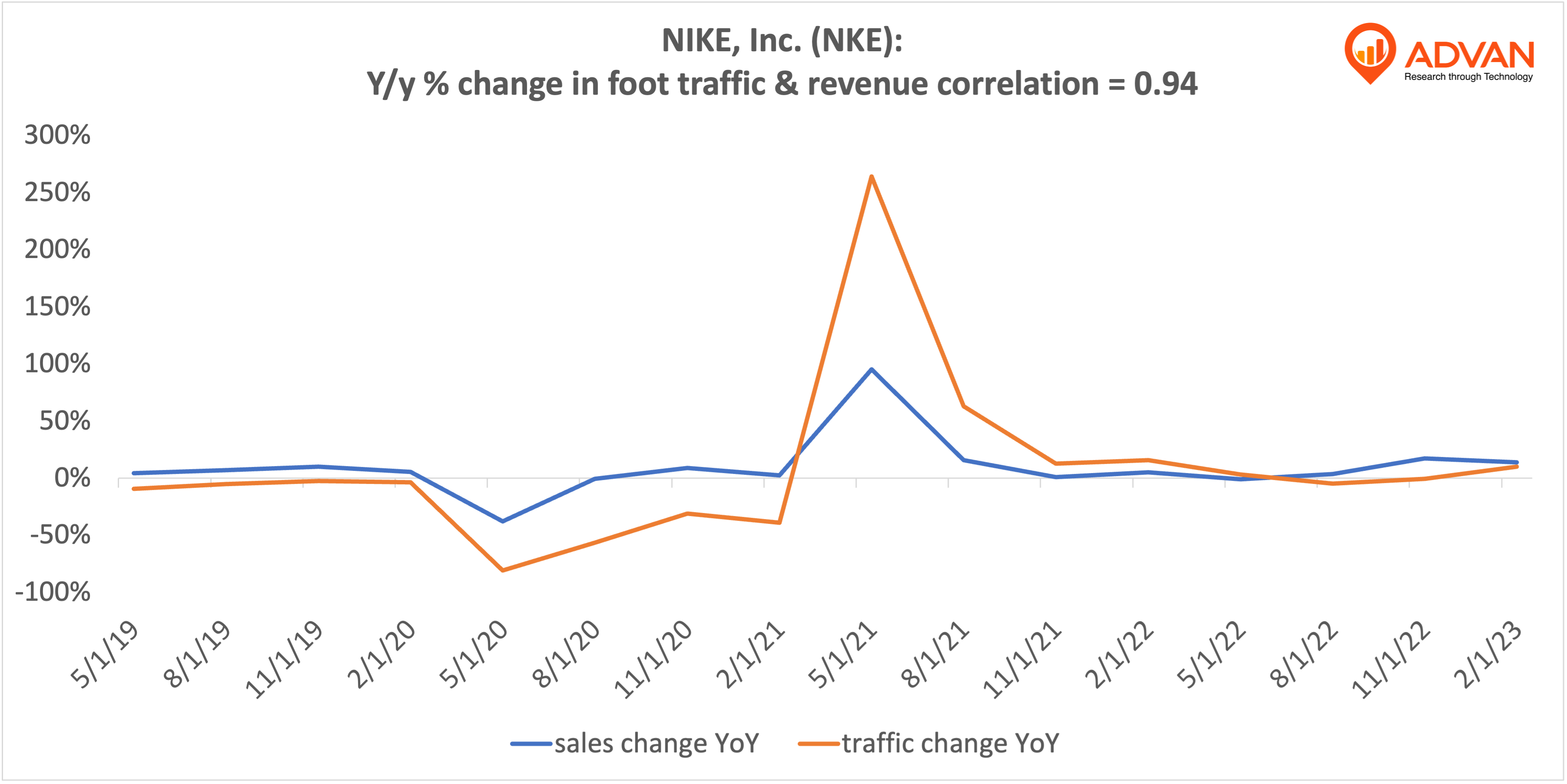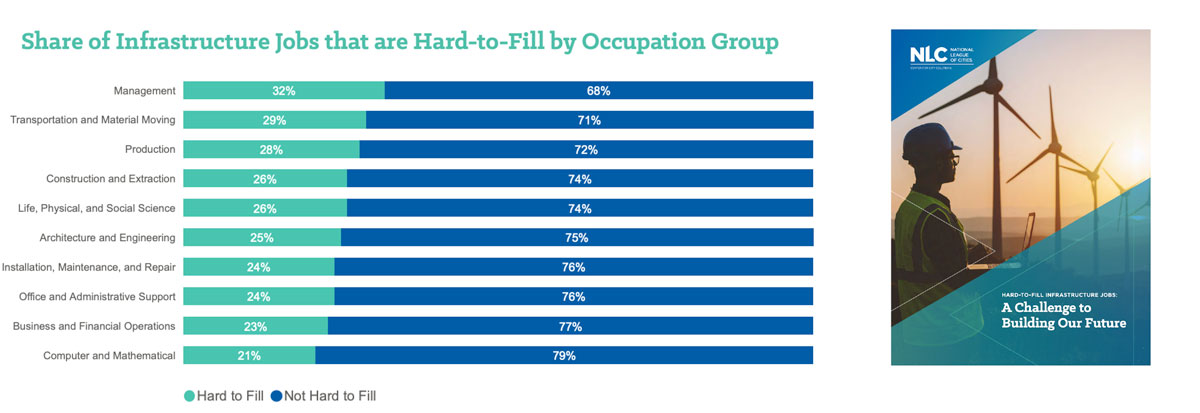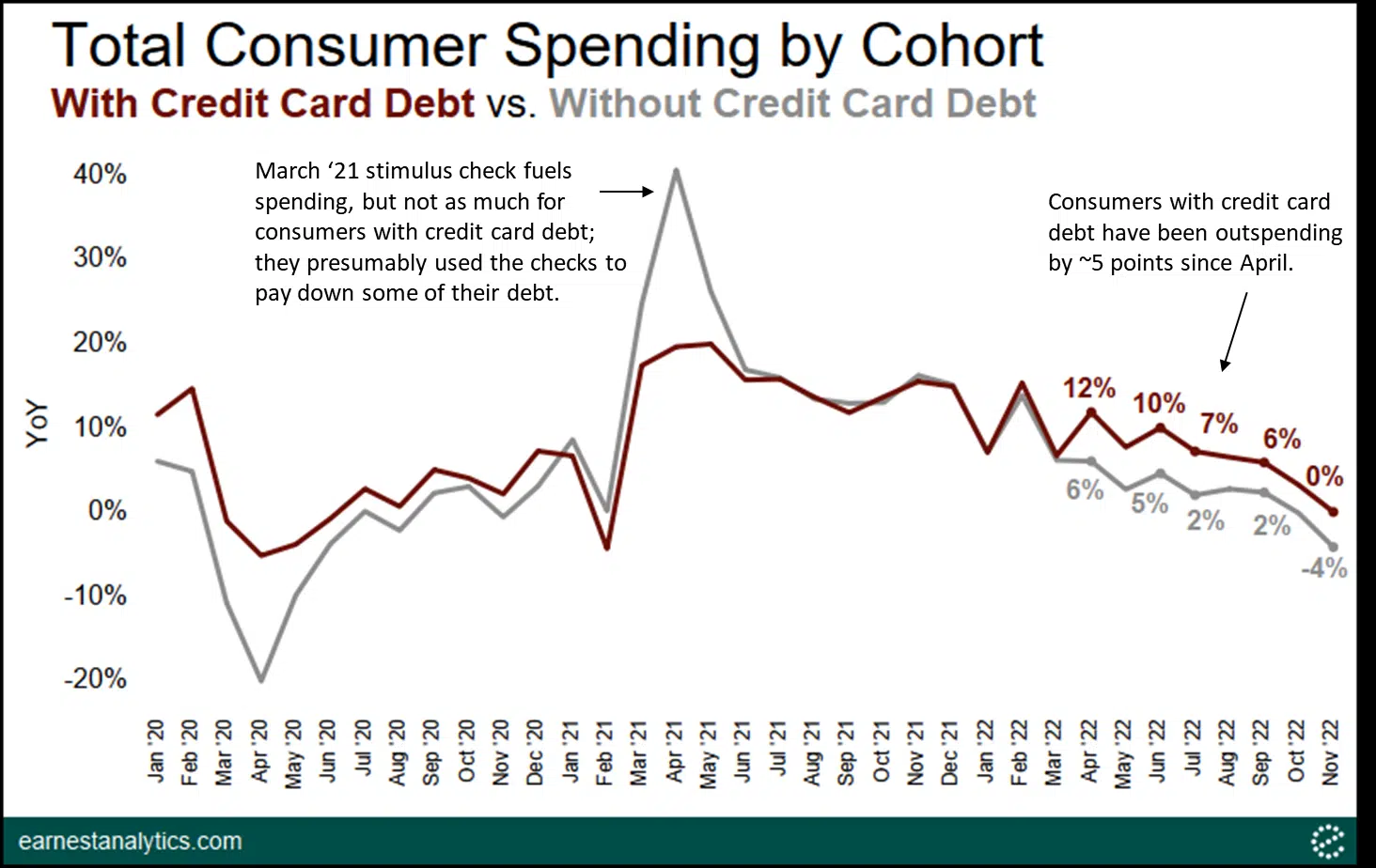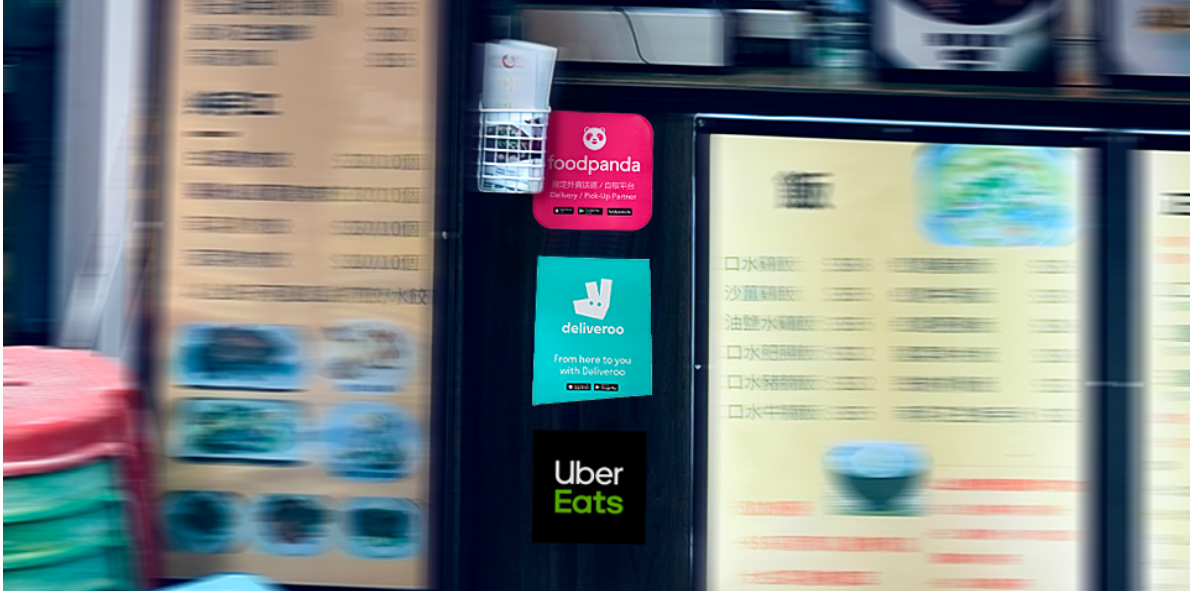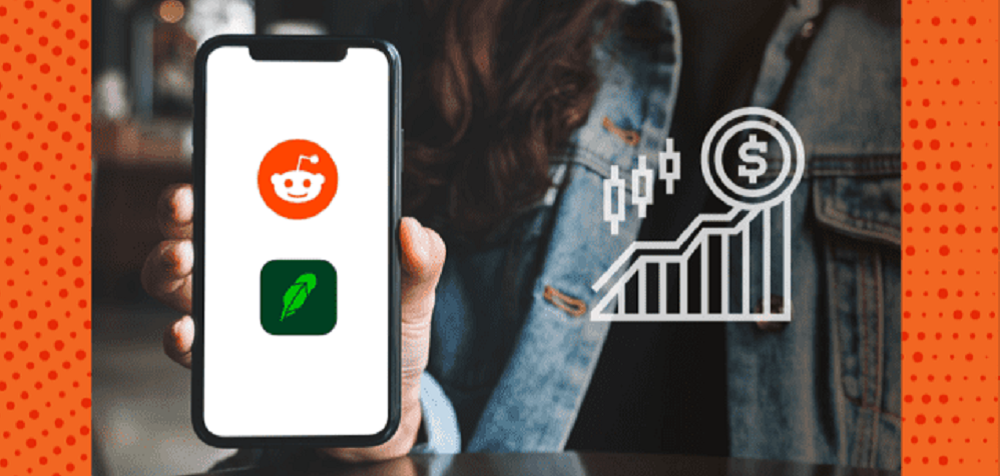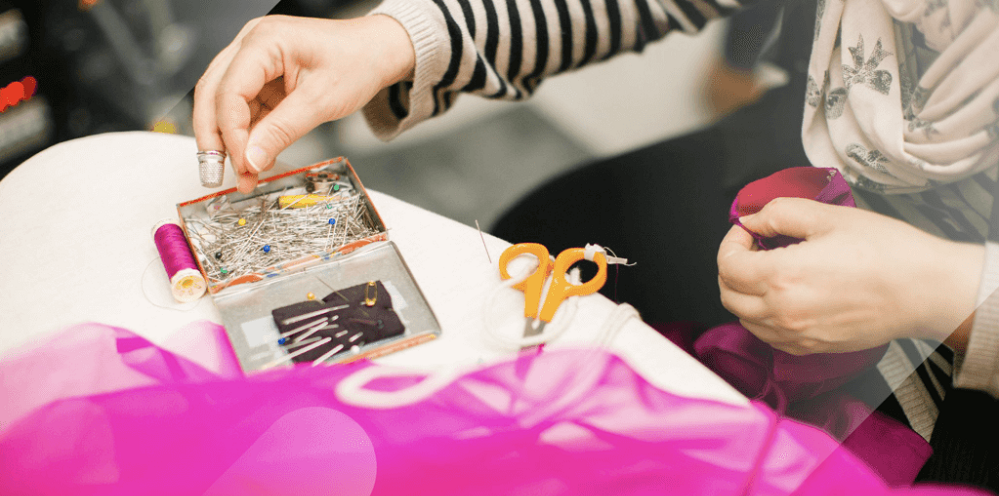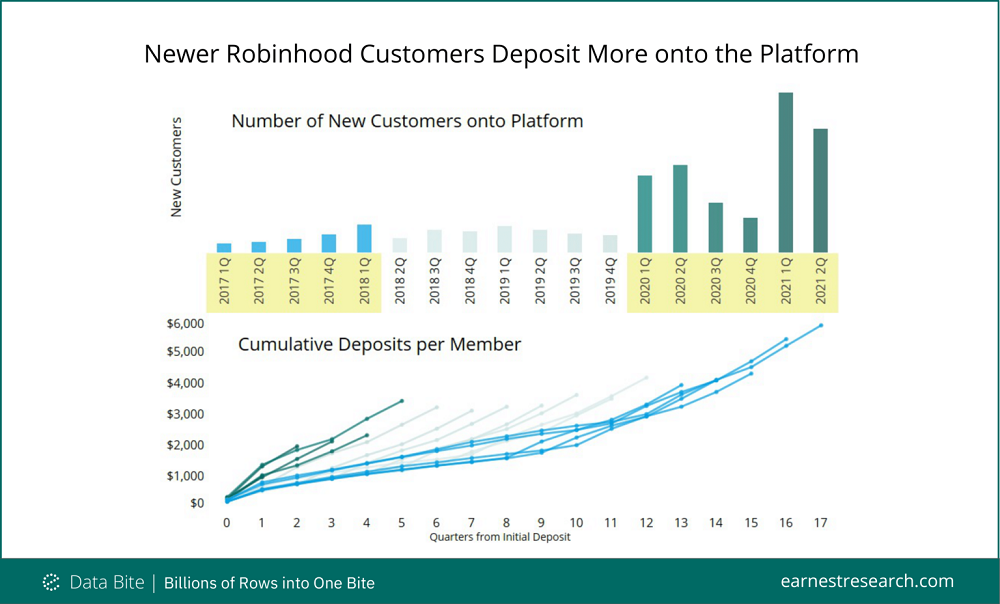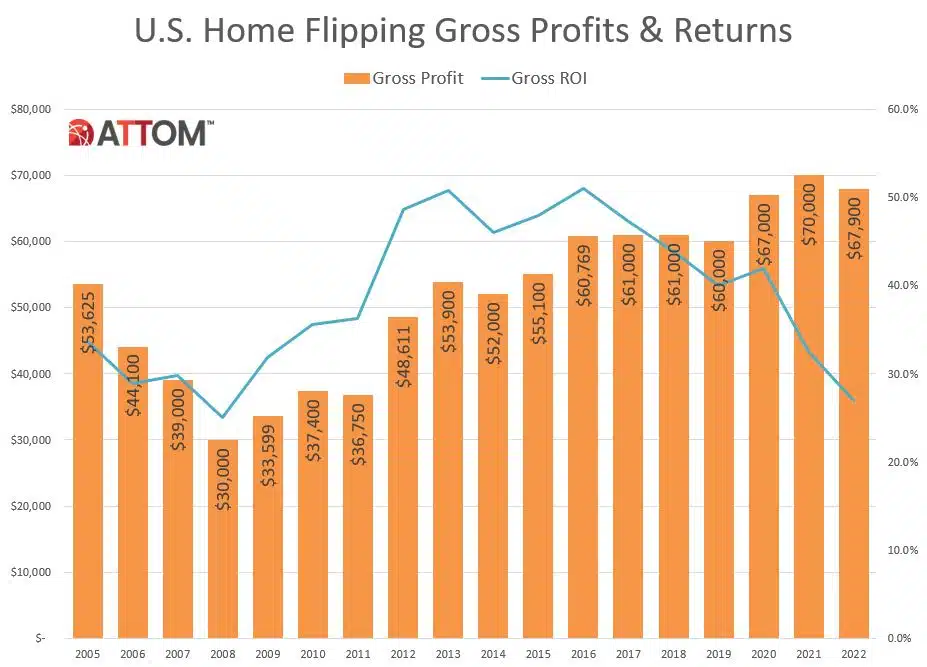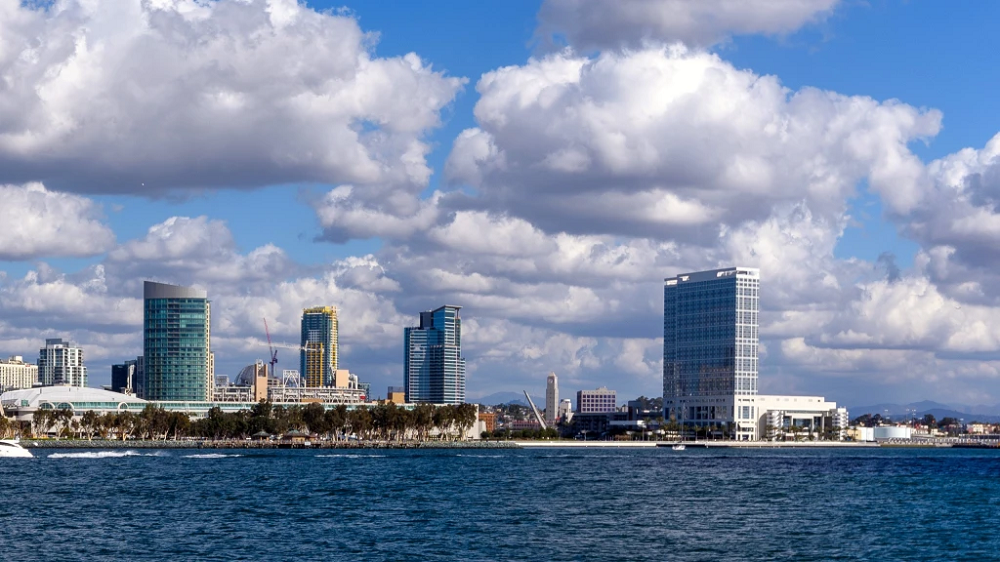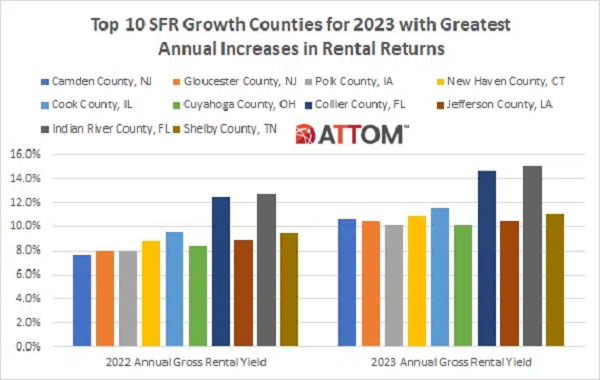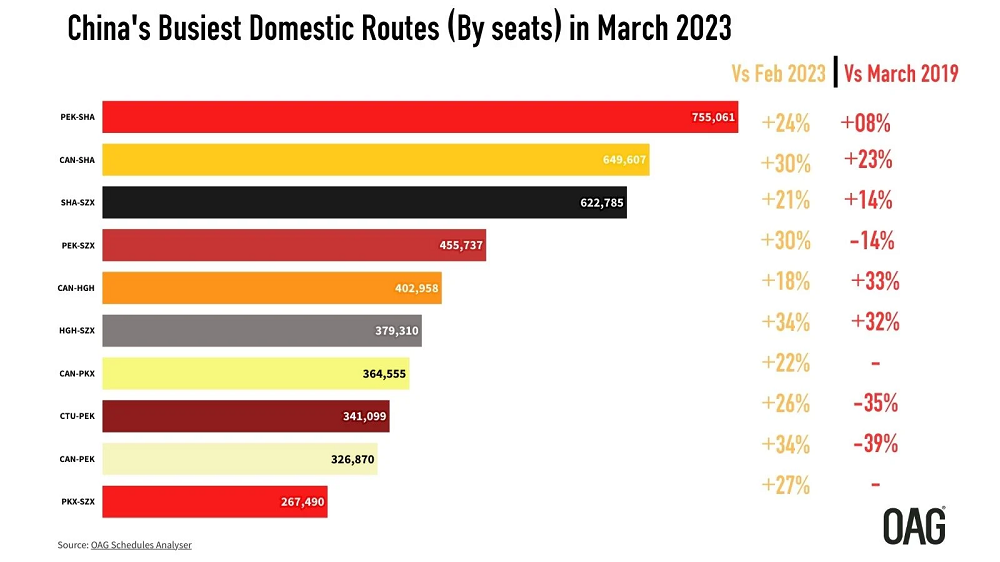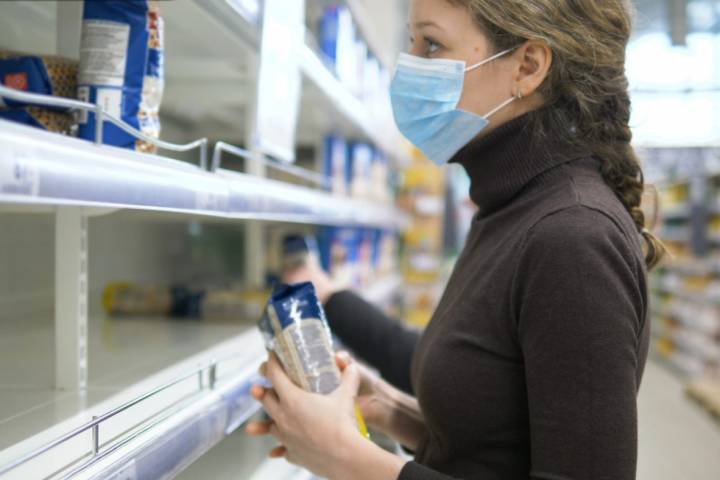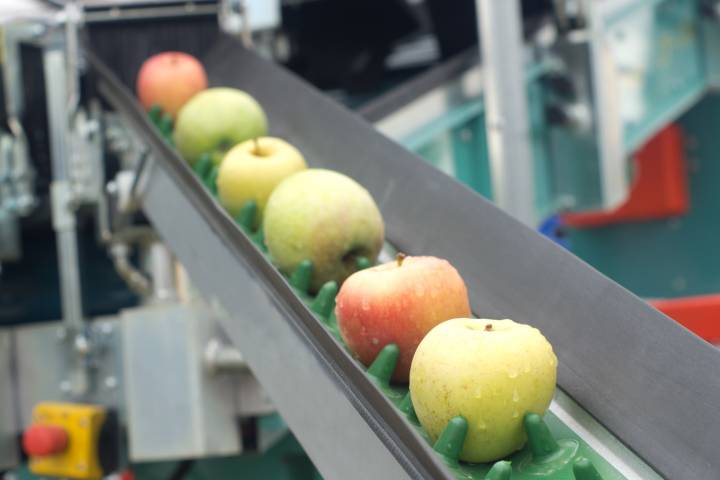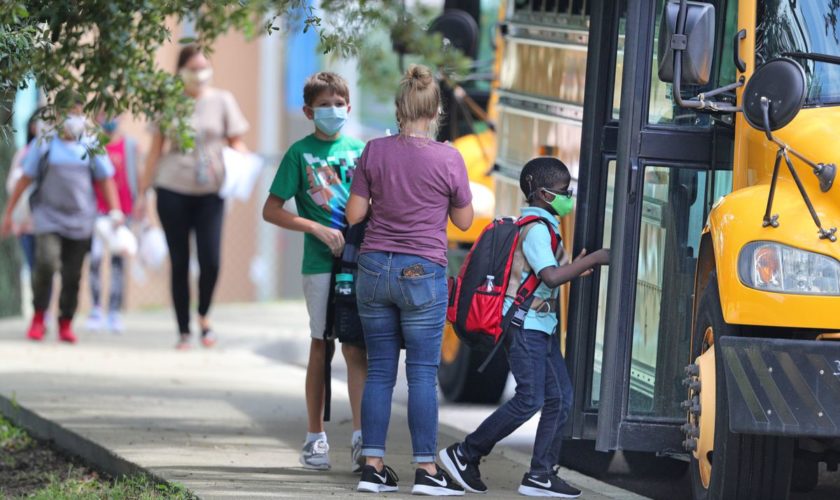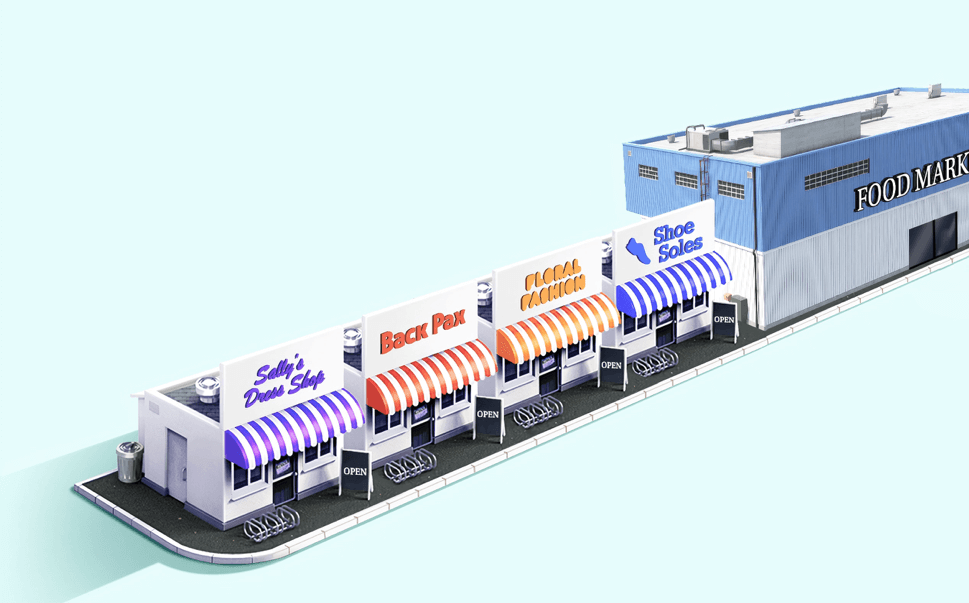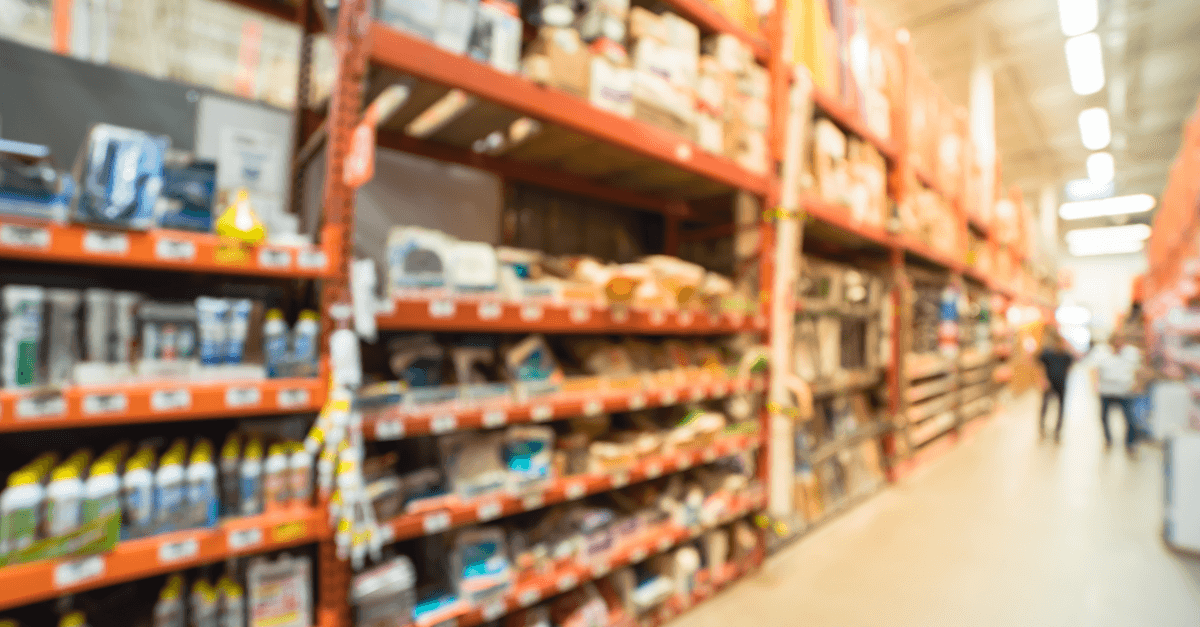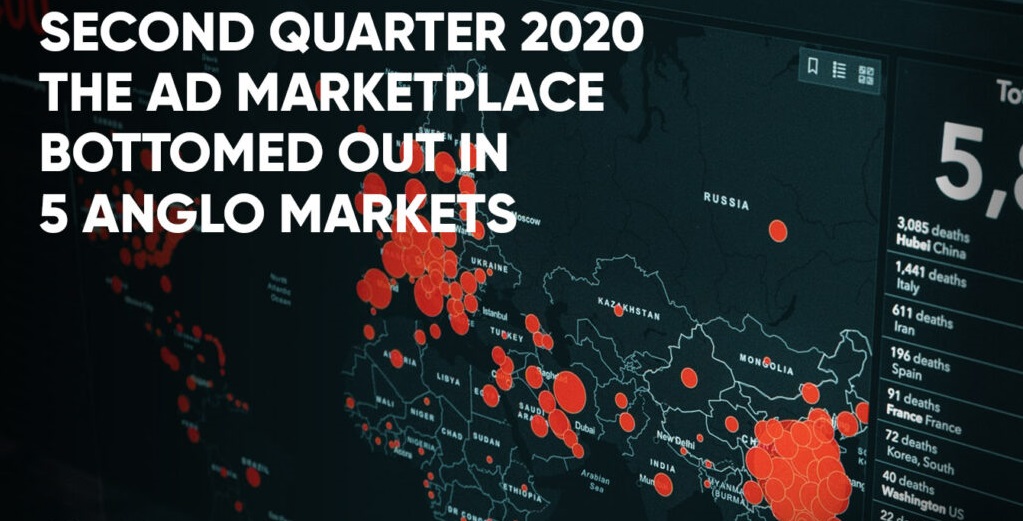In this Placer Bytes, we check in on office supplies to see if there are signs of life and dive into rising visits to a leading purveyor of wine and spirits. In June, we decided to shake up our annual predictions with an added list that took into account the unique realities and potential opportunities that would come from the pandemic and recovery. And while brands like BJ’s Wholesale Club and Tuesday Morning are repaying that confidence, there is one sector that has left us disappointed: office supplies.
In this Placer Bytes, we dive into Ascena’s strengths as a means of looking forward, break down Bed Bath & Beyond’s latest and dive into Dunkin’s surge. In 2019, and again this past June, we noted that one of the most interesting sectors in apparel was the plus-size segment. This perspective gave us more confidence in a struggling Ascena as it sits on some of the most exciting brands in the space including Lane Bryant and Catherines.
Trips to Germany’s supermarkets are running at 31% above 2019 levels, continuing a trend that reached as high as 53% above year-on-year values in mid-August. This follows a previous rise in German supermarket shopping activity observed immediately prior to lockdown in March where levels exceeded 29% of their seasonal norm.
The return of employees to manufacturing facilities across the UK has stalled since June, with presence failing to recover beyond 60% of last year’s levels. By contrast, this seasonally-adjusted measure of daily worker presence also shows presence regaining 75% in July and growing to over 80% this month.
We have refreshed our back to school (B2S) analysis (read Part One) now that the full season is behind us, and added a detailed analysis on discounting and average selling price (ASP) trends utilizing our newest Retail Pricing data. This web-sourced sku-level dataset will be featured in our upcoming product Earnest Retail Pricing, which tracks retailers’ pricing and discounting trends, providing insight into gross profit margins.
In July, we broke down the relative recoveries of outdoor and indoor shopping centers and found that, perhaps unsurprisingly, the former were recovering faster. The combination of shoppers’ concerns about COVID, limitations on which retailers were reopening, and other factors gave outdoor centers an advantage during the early stages of the recovery.
August digital games revenue totaled $10.8B, up 16% year-over-year. Digital console earnings grew the most and were up 88% compared to the same month in 2019. Revenue also rose by 15% on PC and 3% on mobile. Digital games have earned $82.8B through the first eight months of 2020, a growth of 13% from the same time span last year. Gaming revenue took off in March as COVID-19 lockdowns spread worldwide.
Without a federal mandate, states and local governments placed their own rules on which types of construction were considered essential. Some states, like Vermont, decided that the only construction allowed during shelter-in-place was “construction necessary to support the COVID-19 response and maintain critical infrastructure.” However, in most states, nearly all construction was deemed essential.
Movie theaters and other entertainment venues have been hard-hit by the COVID-19 pandemic. As restaurants and retail have been allowed to open in limited capacity, entertainment venues have been among the last on the list to get back to business for many states. Even as reopenings have begun in many states, most studios have chosen to hold back blockbusters until they can be shown at full capacity.
Since March and the COVID-19 pandemic, as people purchased everything they could out of fear that shelves and supply lines would soon be overwhelmed, there was another swell in COVID-19 driven purchasing: pets. Pet adoptions have been on the rise since the start of the pandemic, as people find themselves lonely and bored in their homes.
In this Placer Bytes we dive into the data surrounding JCPenney and Darden Restaurants. Despite filing for bankruptcy back in May and being recently bought out by mall operators Simon Property Group and Brookfield Property Group, JCPenney’s foot traffic has been increasing since the retail economy was allowed to reopen across the country.
In this Placer Bytes, we’ll dive into Costco’s return, Nike’s offline future, and what the loss of Pier 1 will mean for the home goods sector. Costco is amazing at what they do. While competitors like Sam’s Club and BJ’s Wholesale surged, there were questions about Costco visits remaining down year over year. Yet, the moment the economy truly began to open up, Costco’s visits returned.
The makeup industry is typically resilient during recessions—however, COVID-19 is forcing this vertical to shift in new directions. With social distancing, working from home (WFH) and mask requirements, people are prioritizing different cosmetics than they would’ve in past recessions. Direct-to-consumer (DTC) brands are doing particularly well, as online shopping for makeup is becoming more common.
The coronavirus outbreak is prompting many Americans to forgo gatherings and non-essential activities, which is expected to lead to a drop in sales for ride-hailing and scooter companies. But, through February, sales data shows, it was largely business as usual.
Movie theaters were struggling before the pandemic and now they’re on life support. After Disney had delayed the March 2020 launch of Mulan three times, it decided to take a shot at earning back the $200M spent on the movie’s creation via a digital launch. On September 4th, Mulan launched on Disney+. This is a one-time purchase that enables users to watch the movie for as long as they have access to the streaming service. To be clear, you cannot purchase the movie without also purchasing or already having a Disney+ subscription.
In this Placer Bytes, we dive into the impressive rebound of Trader Joe’s, the potential for American Dream’s reopening, and Home Depot’s two-month-long Black Friday. In March, we noted the unique struggles that Trader Joe’s would likely face during COVID. The brand’s pricing, lack of online orientation, and perception as ‘part’ of the grocery picture as opposed to a one-stop-shop, were factors that we felt would limit success.
The popularity of alcohol delivery services has skyrocketed with the introduction of pandemic-driven social distancing policies. Given the closure of bars across the country, consumers are turning towards more convenient alternatives to get their happy hour beverages. Within the alcohol delivery market, Drizly has set itself apart from the crowd.
In second quarter 2020 the full impact of the COVID pandemic on the ad marketplace was felt globally. According to Standard Media Index (SMI), second quarter ad spend dropped by an average of -37.1% across five major Anglo markets, the United States, Canada, United Kingdom, Australia and New Zealand, year-over-year. SMI reports ad spend declines had continued and even accelerated throughout second quarter after the pandemic first hit in mid-March.
Despite the recent slowdown in hiring, the race for premier talent is only heating up. Top tech companies are aggressively competing for AI engineers to secure their future from the pervasive risks of automation. Skills in Artificial Intelligence, Machine Learning, and Deep Neural Networks are reaching new levels of demand as industries are preparing for the next industrial revolution.
Like many other sectors, the US car industry saw a sharp downturn in business when lock-down orders and business closures were at their peak in late March and April. Combined sales in April 2020 for the Big 3 US carmakers - GM, Ford and Fiat-Chrysler - were down 63% compared to the previous year according to GoodCarBadCar.net.
